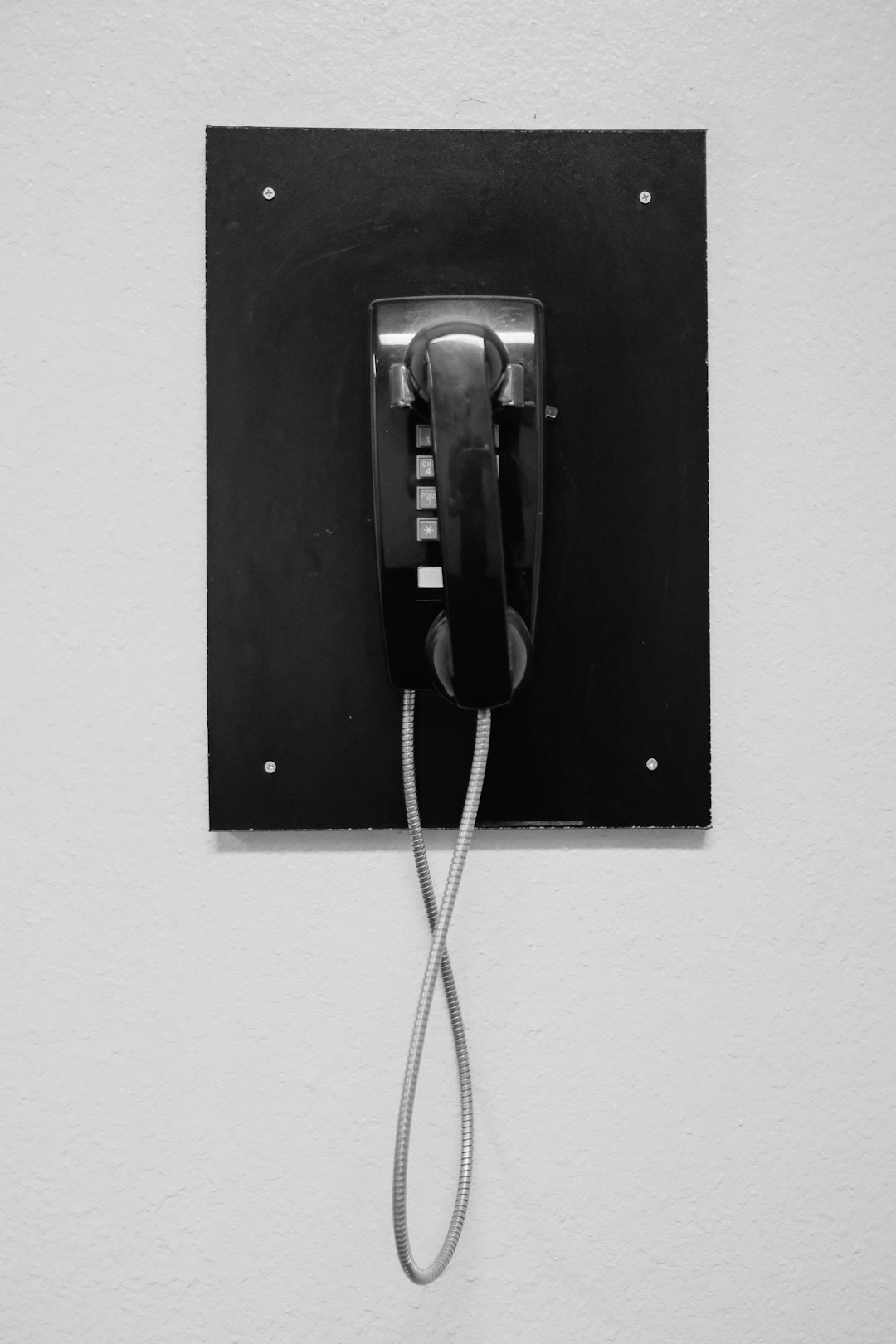In Massachusetts, the Attorney General's Office manages a robust "Do Not Call" list, significantly reducing unwanted telemarketing calls. Registering your number is crucial, and consulting a qualified do not call lawyer in Massachusetts is advised for legal assistance with violations or to enforce rights on the list. Businesses must obtain a Telemarketing Sales Person (TSP) license, adhere to specific rules, maintain records, and respect consumer preferences, including those opting out of lawyer contact. Non-compliance results in harsh penalties up to $10,000/day. Strict regulations protect consumers' privacy and maintain trust, especially regarding law firms engaging in telemarketing activities.
In Massachusetts, understanding telemarketing regulations is crucial to avoid legal pitfalls. This comprehensive guide delves into the intricate details of telemarketing laws, focusing on the Do Not Call List—how it protects residents and who qualifies. We explore industry standards, including permitted calls, consent requirements, and calling hour restrictions. Furthermore, we uncover penalties for violations, empowering consumers with their rights and reporting mechanisms. For those facing Do Not Call issues, this article offers insights on when to consult a lawyer and how to choose the right legal expert in Massachusetts, specifically addressing concerns of do not call lawyers and attorneys state-wide.
The Do Not Call List in Massachusetts

In Massachusetts, the Do Not Call List is a registry designed to protect residents from unwanted telemarketing calls. This list is managed by the Attorney General’s Office and allows individuals to opt-out of receiving marketing telephone calls. If you reside in Massachusetts and wish to prevent sales or solicitation calls, registering your number with the state’s Do Not Call List is a wise step. It’s particularly beneficial for those who frequently encounter nuisance calls, as it can significantly reduce the volume of unsolicited communication.
For those seeking legal assistance regarding telemarketing violations or looking to register their number on the Do Not Call List, consulting a qualified do not call lawyer in Massachusetts is advisable. These attorneys specialize in consumer protection laws and can guide individuals through the process of registering and enforcing their rights. They can also offer representation if a consumer faces issues with telemarketers, ensuring that their rights are upheld according to Massachusetts law.
– How it Works and Who is Included

In Massachusetts, telemarketing regulations are governed by various laws and guidelines to protect consumers from unwanted calls. The state has implemented a “Do Not Call” registry, similar to national initiatives, where residents can opt-out of receiving marketing or sales calls. This registry is managed by the Massachusetts Attorney General’s Office, which plays a crucial role in enforcing these regulations. Any business or individual engaging in telemarketing activities within Massachusetts must comply with these rules, ensuring that they obtain proper consent before making calls and respect consumer choices to stop receiving calls.
The “Do Not Call” list includes not only phone numbers but also specific consumer preferences, such as those who have requested not to be contacted by lawyers or attorney firms in Massachusetts. This means that law firms and legal professionals must exercise caution when utilizing telemarketing methods to avoid inadvertently contacting individuals who have expressed a desire not to be bothered. Compliance is essential to prevent legal repercussions and maintain a positive relationship with potential clients, especially those who value privacy and reduced communication from unsolicited sources.
– Enrollment Process and Timeframes

In Massachusetts, understanding and adhering to telemarketing regulations is paramount for businesses to avoid legal pitfalls. The enrollment process for companies looking to engage in telemarketing activities within the state involves obtaining a Telemarketing Sales Person (TSP) license from the Attorney General’s Office. This process typically includes submitting an application, providing relevant business information, and paying the required fees. Once enrolled, businesses must comply with specific timeframes, such as registering calls within 30 days of implementation and maintaining accurate call records for at least 18 months.
Moreover, Massachusetts has stringent rules regarding do-not-call lists. Companies must respect consumer choices to be removed from their marketing lists and refrain from making calls to phone numbers enrolled in these lists. Violations can lead to significant fines, with penalties reaching up to $10,000 per day for repeated offenses. Therefore, it’s crucial for telemarketers to prioritize compliance to avoid legal issues and maintain consumer trust, especially when considering the presence of laws specifically targeting do not call lawyers Massachusetts, do not call attorneys Massachusetts, or do not call law firms Massachusetts.
Regulations for Telemarketers in MA

In Massachusetts, telemarketers must adhere to strict regulations designed to protect consumers from unwanted calls. The state has implemented the “Do Not Call” registry, which allows residents to opt-out of receiving marketing calls. Telemarketers who ignore these restrictions and continue to make unauthorized calls can face significant penalties, including fines and legal action. Massachusetts law also mandates that telemarketers obtain written consent before contacting a consumer and provide a clear and accurate disclosure of the purpose of the call.
Additionally, the state requires telemarketers to respect consumers’ privacy and honor their preferences. This includes refraining from calling during certain times, such as early mornings or evenings, and avoiding repeated calls after a consumer has requested to be removed from the caller list. Any lawyer or law firm engaging in telemarketing activities in Massachusetts must comply with these regulations to ensure they are not violating any “Do not call” laws and to avoid potential legal complications.






